Here's what climate change could look like in Canada
'This is real on-the-ground stuff that is costing us right now,' says one expert
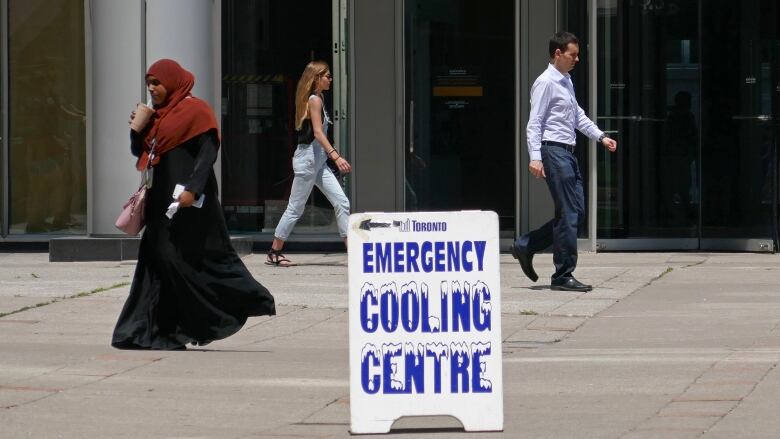
Climate change is here, experts say, and Canada can expect to suffer the consequences.
The effects of a warming planet are going to be felt from coast to coast to coast. And, if we stick to a "business-as-usual" scenario no change to our emissions it's going to happen a lot sooner than scientists initially thought, according to a recently released Intergovernmental Panel on Climate Changereport.
In July 2018, Montreal experienced70 heat-related deathsas the city dealt with unusually hot temperatures into the30swith stifling humidity that made it feel closer to 40 C. This summer, British Columbia experienced itsworst fire season on record. In August, two brief thunderstorms causedwidespread flooding in Toronto, bringing the downtown core to a standstill.
With a warming planet, we can expect to see more events like these, experts say.
"People say, well gee, the world's warmed up by 1 C in the last 135 years, but there are parts of Canada that have warmed in some seasons by four, four-and-half degrees in a 70-year period," Environment Canada's senior climatologist, David Phillips says. "So twice as much in half the time."
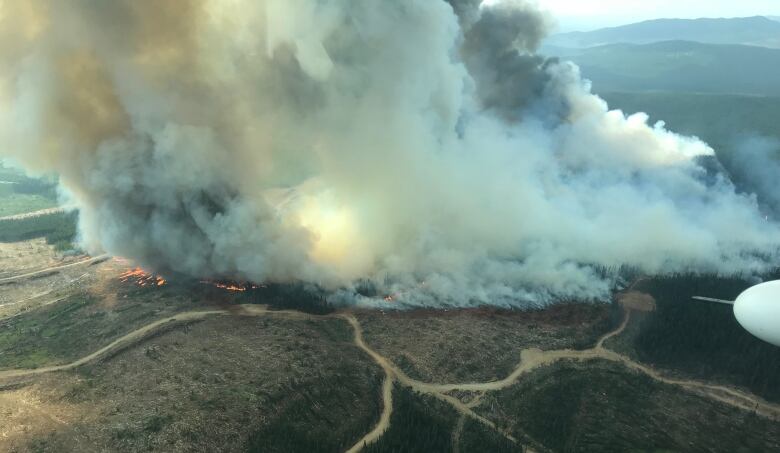
The greatest differences are seen in the north and the interior of continental coast in the west. The region with the greatest warming in 70 years is in the Mackenzie area of the Northwest Territories where temperatures have risen by between 4 C and 5 C in some parts.
Nationally, the summers have warmed by more than 1 C, with winters warming closer to 1.4 C.
"There are communities on the coast where people are experiencing sea-level rise, erosion and flooding," says Catherine Abreu, executive director of the Climate Action Network, an umbrella group of environmental organizations. Indigenous communities "are experiencing a loss of their way of life because of climate change. So, the impacts are real globally, and they're real here in Canada."
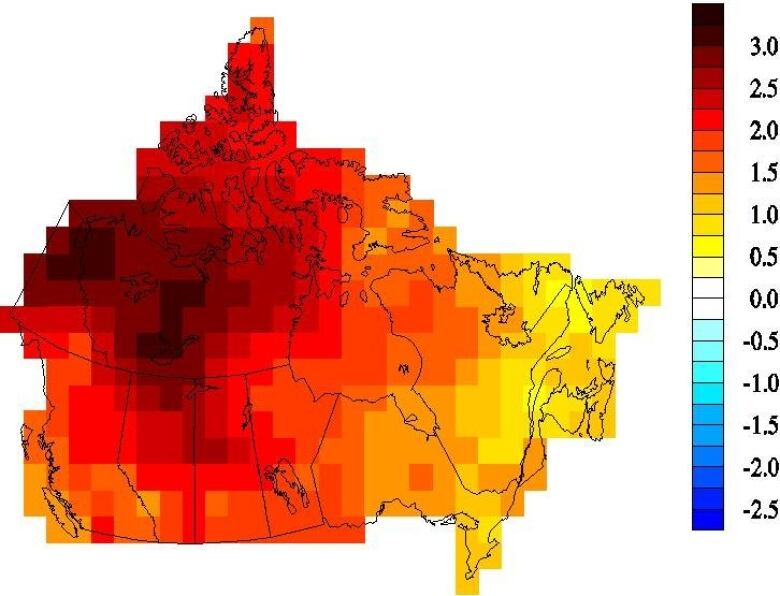
While it may seem like eastern Canada isn't seeing much of a change, it is,and it's catching up to the rest of the country.Rather than the change occurring during the past 70 years, it hasoccurred over the past 10 or 15, Phillips says.
"There's no region of Canada that's been left out in the cold."
Canada's future
What does the future hold for Canada?
Phillips used models based on a "business-as-usual" path. Using the median, the models (run by the Laboratory of Mathematical Parallel Systems, orLAMPS at York University), Phillips says people living in Toronto could see 51 days a year above 30 C by 2050 and 77 by 2100. The current average is 16.
But just because temperatures are on the rise, doesn't mean Torontonians will be done with winter completely. While Toronto gets 16 nights of temperatures reaching 15 C or lower, they'll still get 4 by 2050 and 1 by 2100.
In Toronto and Montreal, there could be close to a 50 to 60 per cent increase of these potentially disastrous and costly events.
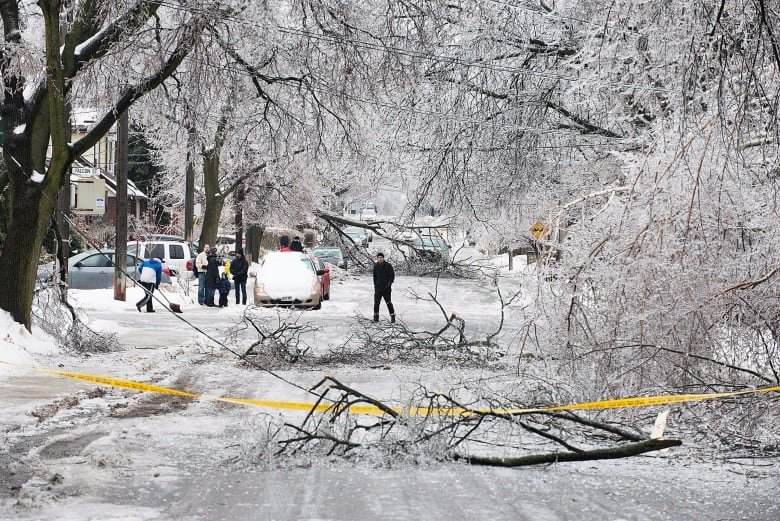
In the Prairies, growing days are expected to lengthen. That's good news for farmers, but there are also negative consequences.
"Some regions might benefit from longer growing seasons, but at the same time you have the impact of increased wildfires, for example, the smoke pollution that comes with that and the CO2 emissions," said Felix Pretis, an assistant professor at the University of Victoria who studies the economic impacts of climate change.
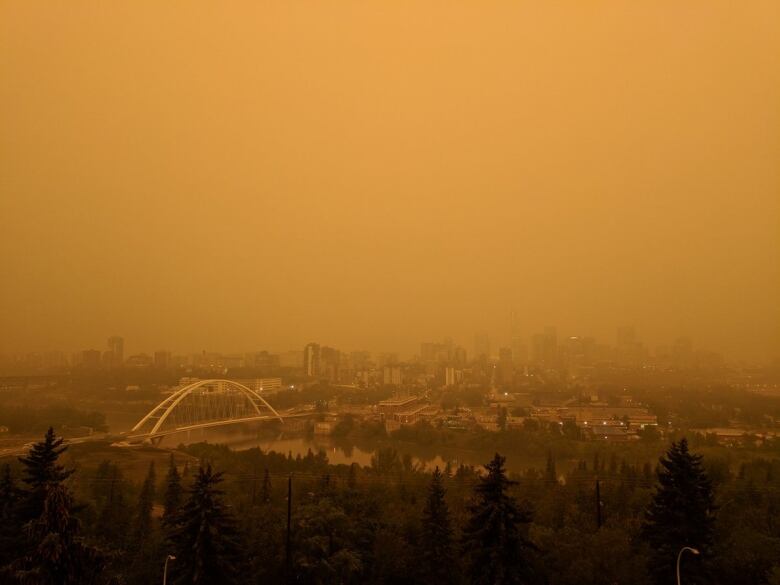
"The report sends a really strong message that the two degrees that we talked about previously is not really a guardrail anymore, and that we should be very careful about the future," said Pretis.
Costs
Canadians may revel at the prospect of warmer weather, but with that comes a price literally.
"In Canada, now, the expression of extreme weather risk, the number one negative manifestation by far is flooding," said Blair Feltmate, head of the Intact Centre on Climate Adaptation at the University of Waterloo. "Flooding is the most expensive cost in Canada to extreme weather by a country mile, and specifically, basement flooding.
"This is real on-the-ground stuff that is costing us right now."
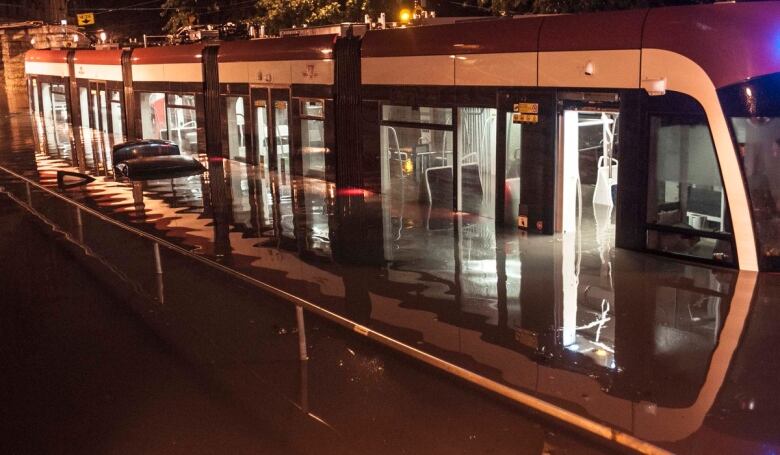
Blair notes that, from 1983 to 2008, the cost of catastrophic insurable events annually ranged from $250 million to $500 million. Since 2009, however, in eight out of nine years, these costs have ballooned up to $1 billion or more a year, with a $1.8 billion average.
Pretis believes that part of the problem stems from the ways scientists are conveying their message about the consequences of a warming climate.
"I'm concerned about the lack of policy response," Pretis said. "I think there's a big challenge also how the scientific community conveys these findings to policy makers I think we need to carefully translate these findings into local impacts that policymakers can relate to."
The message is clear, he says: Canada needs to prepare for the future.












_(720p).jpg)


 OFFICIAL HD MUSIC VIDEO.jpg)
.jpg)



























































































